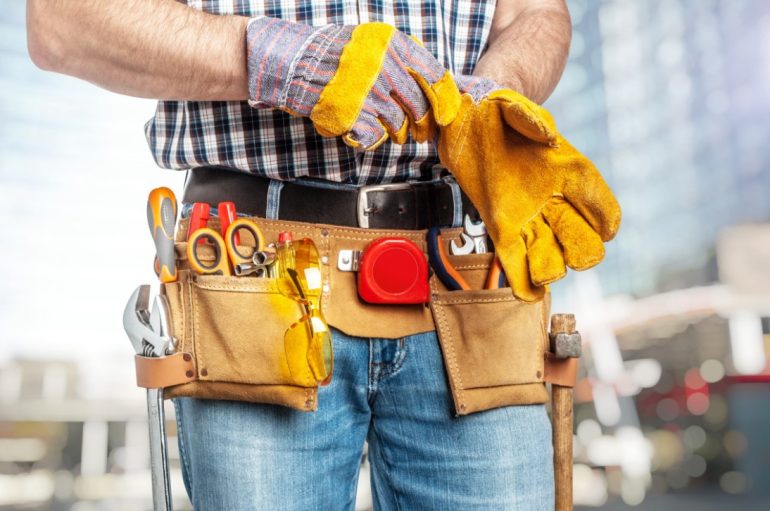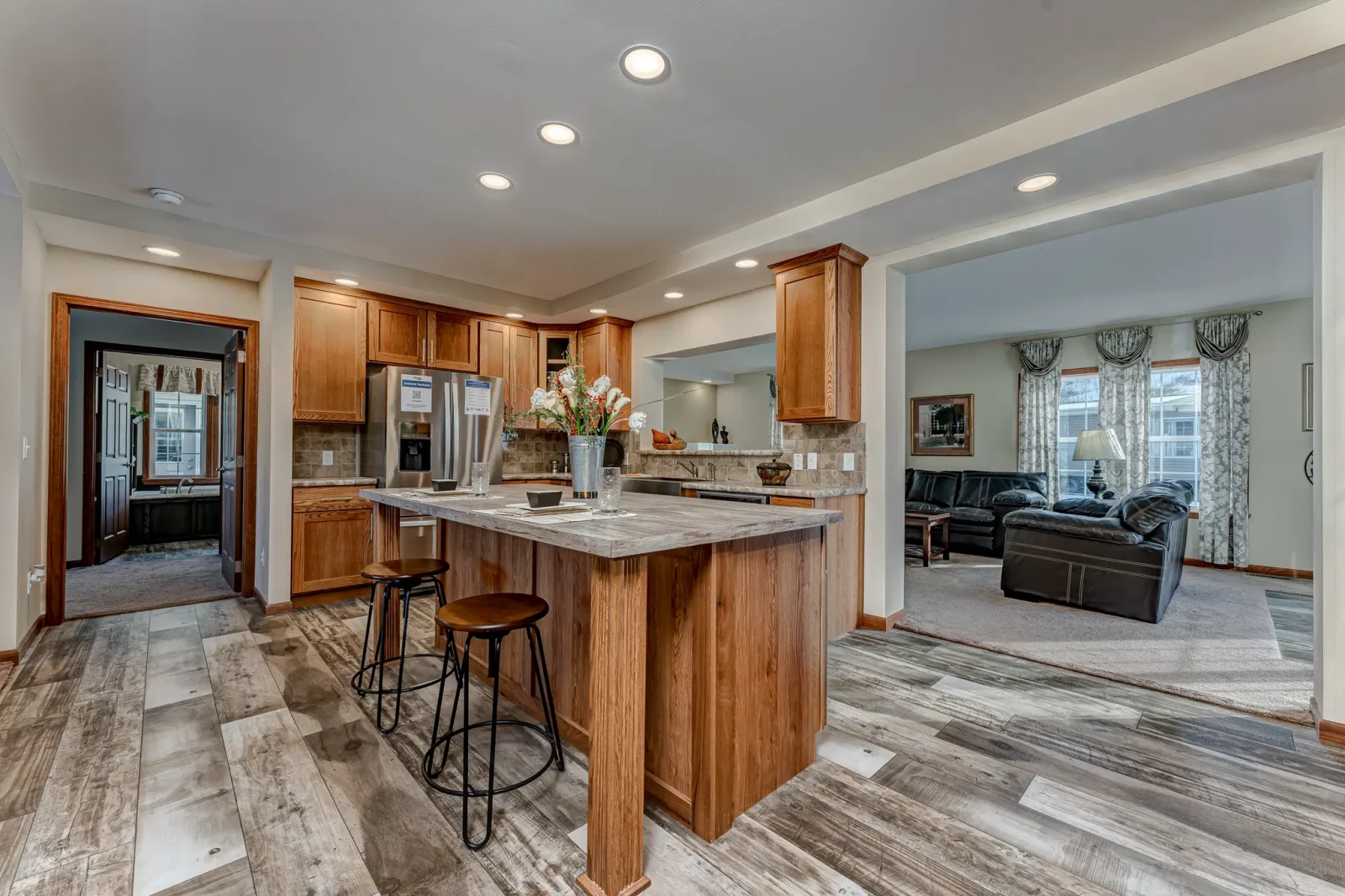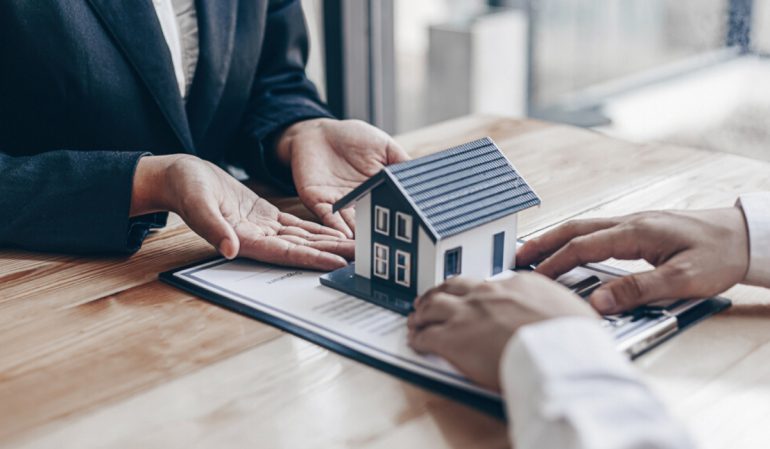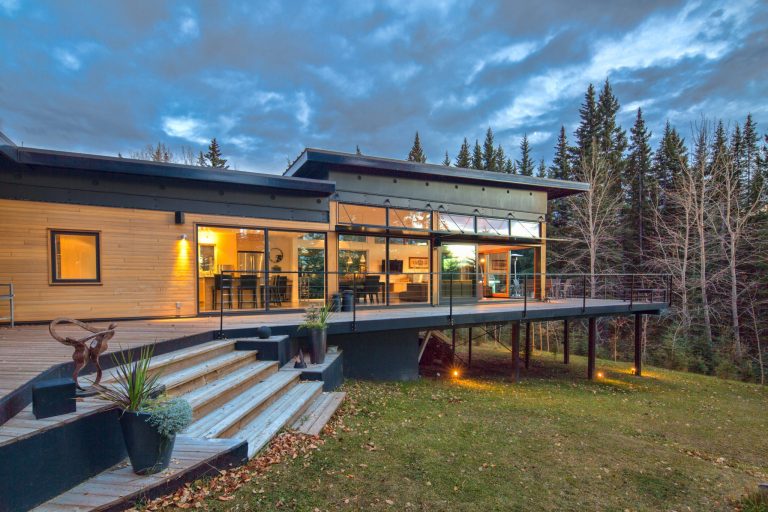Modular homes are prefabricated buildings constructed in sections or modules in a factory setting before being transported to their permanent site.
Their increasing popularity is driven by affordability, quicker construction times, and customizable designs.
Understanding the factors that affect the longevity of these homes is crucial for potential buyers and owners to ensure they make a wise investment with lasting value.
Factor 1 ─ Quality of Construction and Materials
The quality of construction and materials is paramount in determining the longevity of a modular home. High-quality materials such as durable roofing, siding, insulation, windows, and doors contribute significantly to structural integrity and durability.
Using top-notch materials ensures that the home can withstand various environmental stresses and remain in good condition over time. The craftsmanship of reputable modular home builders plays a vital role in ensuring that it is constructed to high standards.
Skilled builders pay attention to every detail, from the framing to the finishing touches, ensuring that each module is precisely built and assembled. By choosing a modular home builder known for their expertise and commitment to quality, homeowners can rest assured that their home will have a solid foundation and structure that can stand the test of time.
Factor 2 ─ Proper Maintenance and Upkeep

Proper maintenance and upkeep are essential to extending the lifespan of a modular home. Regular inspections should be conducted on critical components such as roofing, siding, HVAC systems, and plumbing to identify any issues early on.
Routine checks allow homeowners to address minor problems before they escalate into major, costly repairs. Preventive measures, such as cleaning gutters, sealing cracks, and servicing heating and cooling systems, help maintain the integrity and functionality.
A proactive approach to maintenance not only prevents significant damage but also ensures that the home remains energy-efficient and comfortable. Modular home builders often provide maintenance guidelines and recommendations, emphasizing the importance of regular upkeep to maximize the home’s longevity.
Factor 3 ─ Foundation Quality
The foundation of a modular home is critical to its overall stability and longevity. A well-built and properly maintained foundation ensures that it remains level and secure over time. Site preparation is a crucial step in this process, involving soil testing and leveling to provide a stable base for the home.
The type of foundation used, whether it be a crawl space, basement, or slab, must be appropriate for the geographical location and soil conditions. Modular home builders often collaborate with foundation specialists to ensure that the foundation is designed and constructed to meet the specific needs of the home and site.
Regular inspections and maintenance of the foundation, such as checking for cracks or shifting, are necessary to prevent structural issues that could compromise the integrity. By prioritizing foundation quality and maintenance, homeowners can ensure the long-term stability and durability of their modular homes.
Factor 4 ─ Environmental Impact
The geographical location of a modular home plays a significant role in its longevity. Local climate conditions, such as temperature extremes, humidity, and precipitation, can affect the home’s structural integrity and overall durability.
Weatherproofing measures, such as proper insulation and protective coatings, are essential to safeguard the home against harsh weather conditions. Modular home builders use advanced materials and techniques to enhance the home’s resilience to environmental factors.
For instance, high-quality insulation helps regulate indoor temperatures, reducing the strain on heating and cooling systems and preventing moisture-related issues. Additionally, protective siding and roofing materials provide a barrier against wind, rain, and UV rays, further extending the lifespan.
By selecting a modular home builder experienced in constructing homes for specific climates and incorporating weatherproofing features, homeowners can ensure their homes remains in excellent condition despite environmental challenges.
Factor 5 ─ Customization and Upgrades

Customization and upgrades are key factors in enhancing the durability and longevity of a modular home. Upgrades such as improved insulation, energy-efficient fixtures, and modernized features can significantly extend the home’s lifespan.
These enhancements not only improve functionality and comfort but also reduce maintenance costs and energy consumption. Modular home builders offer a range of customization options, allowing homeowners to select features that best suit their needs and preferences.
Aesthetic and functional updates, such as renovating kitchens and bathrooms, not only increase the home’s appeal but also contribute to its overall longevity.
By investing in high-quality upgrades and working with a modular home builder that offers comprehensive customization services, homeowners can ensure their home remain up-to-date and resilient over time.
Factor 6 ─ Financial Considerations
Financial considerations play a crucial role in the overall experience of owning a modular home. Potential hidden costs, such as land preparation, foundation work, and utility hookups, can impact the total investment required.
Buyers need to budget for these expenses and factor them into their financial planning. Additionally, securing financing for a modular home can present challenges, as some lenders may have specific requirements or limitations. Working with a modular home builder who has experience in navigating these financial aspects can be beneficial.
They can guide cost estimates, financing options, and budgeting strategies to help buyers make informed decisions. By carefully considering financial aspects and planning accordingly, homeowners can avoid unexpected expenses and ensure a smooth and successful homeownership experience.
Factor 7 ─ Public Perception and Resale Value
Public perception and resale value are important considerations for modular homeowners. Despite their many advantages, modular homes can sometimes face perception challenges due to misconceptions about their quality and durability.
However, with proper maintenance and regular upgrades, modular homes can maintain and even increase their resale value over time. Investing in high-quality materials, skilled craftsmanship, and routine upkeep helps enhance the home’s appeal and marketability.
Working with a reputable modular home builder who has a track record of constructing durable and attractive homes can positively influence public perception and resale value.
Homeowners should also consider the local real estate market and trends when planning to sell their modular homes. By addressing perception challenges and prioritizing maintenance and upgrades, modular homeowners can maximize their investment and achieve a favorable resale value.

The Bottom Line
By understanding and addressing key factors such as construction quality, maintenance, foundation, environmental impact, customization, financial planning, public perception, and potential quality issues, homeowners can maximize the longevity of their modular homes.
Careful planning, choosing a reputable modular home builder, and regular upkeep are essential to ensuring a durable and lasting investment.

